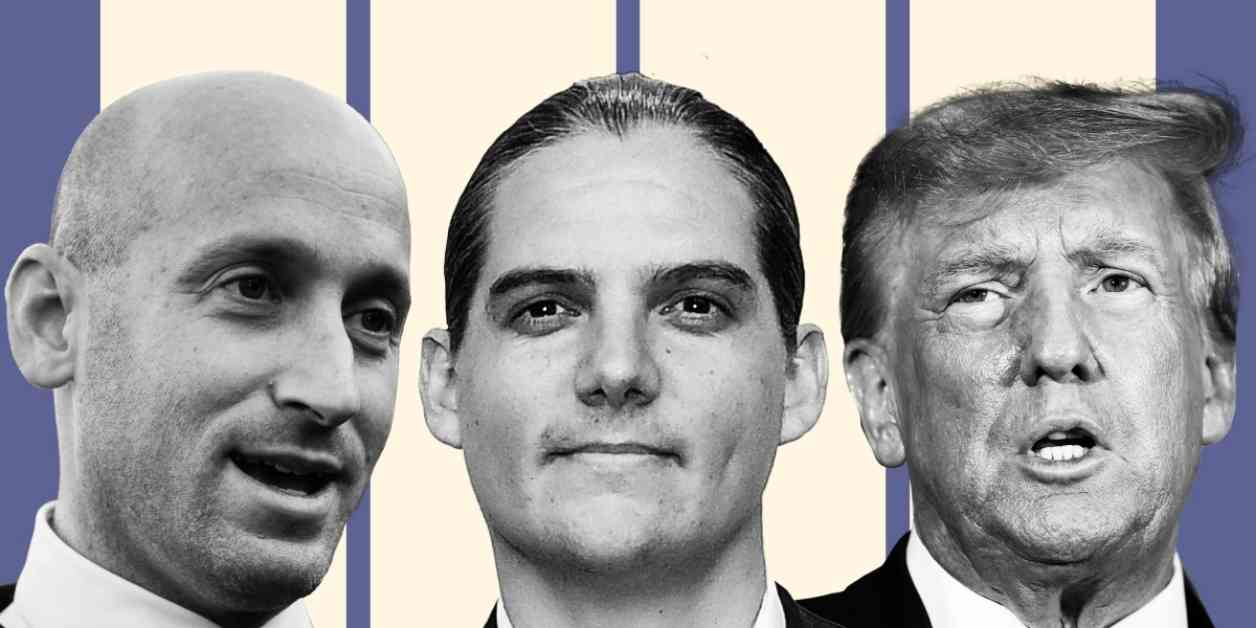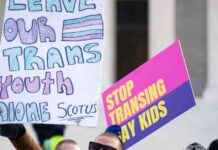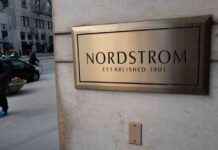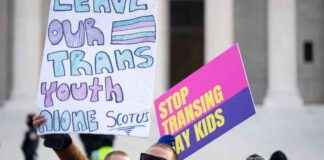In recent months, a surge of anti-diversity, equity, and inclusion (DEI) activists has taken aim at some of the most prominent companies in the country. Leading the charge are figures like Stephen Miller, Robby Starbuck, and former President Donald Trump, who have set their sights on corporations such as Goldman Sachs, Pfizer, and IBM. These individuals and their followers are pushing back against the increasing focus on diversity and inclusion in the workplace, raising questions about the efficacy of DEI initiatives and the impact they have on corporate America.
The Rise of Anti-DEI Activists
The anti-DEI movement has gained traction in recent years, fueled by a belief that diversity and inclusion efforts are divisive and discriminatory. Critics argue that these initiatives prioritize race, gender, and other identity markers over merit and qualifications, leading to unfair hiring practices and a stifling of free speech. They also claim that DEI programs create a hostile work environment for those who do not conform to certain ideological beliefs, stifling dissent and promoting groupthink.
One of the most vocal opponents of DEI measures is Stephen Miller, a former senior advisor to President Trump known for his hardline stance on immigration. Miller has been a vocal critic of diversity initiatives, arguing that they undermine American identity and promote a culture of victimhood. He has called for a return to a more meritocratic system based on individual merit and achievement, rather than immutable characteristics like race or gender.
The Impact on Corporate America
The targeting of major corporations by anti-DEI activists has raised concerns about the future of diversity and inclusion in the workplace. Companies like Goldman Sachs, Pfizer, and IBM have invested heavily in DEI programs in recent years, seeing them as a way to attract top talent, increase innovation, and improve employee morale. However, the backlash from anti-DEI groups has forced these companies to rethink their approach and consider the potential consequences of their diversity efforts.
Robby Starbuck, a conservative filmmaker and activist, has been at the forefront of the anti-DEI movement, calling out companies for what he sees as virtue signaling and pandering to political correctness. Starbuck argues that diversity initiatives do more harm than good, creating a culture of fear and resentment among employees who feel pressured to conform to a certain set of beliefs. He believes that true diversity comes from a diversity of thought and ideas, rather than a focus on surface-level differences.
In response to the growing opposition to DEI programs, companies are facing a delicate balancing act between promoting diversity and inclusion and appeasing their critics. Some have chosen to double down on their efforts, seeing them as essential to remaining competitive in an increasingly diverse and global marketplace. Others have taken a more cautious approach, scaling back their diversity initiatives in an attempt to avoid controversy and backlash.
As the debate over diversity and inclusion in the workplace continues to unfold, it is clear that there are no easy answers. Finding a middle ground that satisfies both supporters and critics of DEI programs will require a nuanced and thoughtful approach that takes into account the concerns of all stakeholders. Only time will tell how major companies navigate these complex and contentious issues, and what the future holds for diversity and inclusion in corporate America.



















